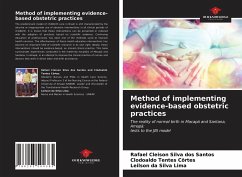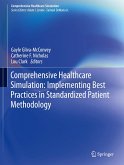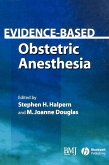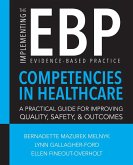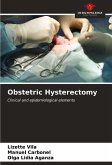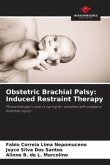The predominant model of childbirth care in Brazil is still characterized by the abusive or inappropriate use of obstetric interventions in all clinical periods of childbirth. It is known that these interventions can be prevented or reduced with the adoption of practices based on scientific evidence. Continuing education of professionals has been one of the methods used to improve health services. The effectiveness of these health education interventions has become an important field of scientific research in its own right. Ideally, these interventions should be evidence-based, as should clinical practice. This book summarizes experiences conducted in the maternity hospitals of Macapá and Santana, in Amapá, in an attempt to improve the clinical practice of nurses and doctors who work in direct labor and birth assistance.
Hinweis: Dieser Artikel kann nur an eine deutsche Lieferadresse ausgeliefert werden.
Hinweis: Dieser Artikel kann nur an eine deutsche Lieferadresse ausgeliefert werden.

